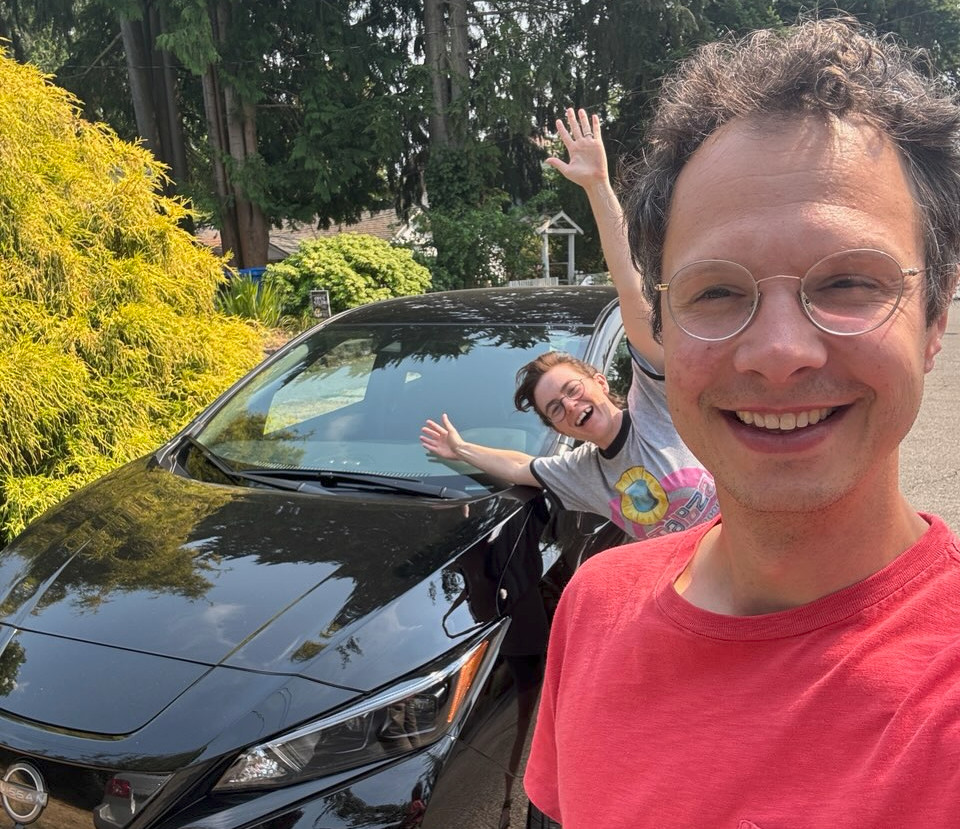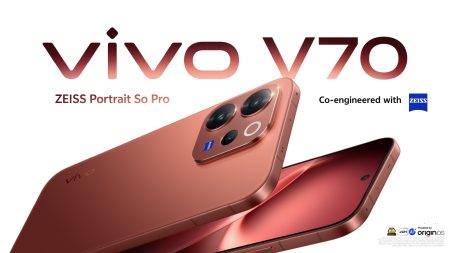Krista Cortese, a ceramics artist, and her musician husband, Dominic, live in Seattle with their toddler in the Northgate neighborhood. They were previously using a 2003 Mazda hatchback that was costing them around $230 per month on gas and maintenance. Wanting to switch to an electric vehicle, they found it out of reach due to their low income. However, the Washington EV Instant Rebates Program changed that for them by offering rebates at the time of purchase for income-eligible consumers who buy or lease a new or used EV. This allowed the Cortese family to lease a new 2024 Nissan Leaf SV Plus for just $102 per month.
Washington state has been a strong advocate for electric vehicles, setting a goal for all new vehicles sold in the state to be zero carbon emissions by 2035. The state has seen an increase in EV sales over the years, but these purchases were mainly made by more affluent consumers buying Teslas. The introduction of more affordable EVs and the Washington EV Instant Rebates Program are aimed at providing equitable access to lower-income individuals, such as the Cortese family. The program has seen great success in its early stages, with over 1,000 EVs purchased or leased by lower-income residents and $8 million of the available $45 million in rebates already issued.
While the rebate program has been successful in increasing EV sales, some critics argue that the costs to taxpayers do not justify the climate benefits. The program is funded through the state’s general fund, prompting concerns about its efficiency and long-term impact on reaching EV sales targets. Critics suggest that certified carbon offsets could be a more cost-effective strategy for reducing emissions. However, state leaders promoting the rebate program highlight the importance of addressing transportation-related carbon emissions and air pollution, particularly in lower-income communities that are most affected by pollutants.
To be eligible for the Washington EV Instant Rebates Program, residents must meet income requirements based on household size, with rebates ranging from $2,500 to $9,000 depending on the vehicle type and length of lease. There are additional discounts available for state sales tax and federal tax rebates, making EVs more accessible to lower-income individuals. Consumers are required to fill out an eligibility form at the dealership and are responsible for accurately representing their income. The program aims to ensure that lower-income residents have a chance to switch to electric vehicles and reduce their reliance on fossil fuels.
Despite some criticisms of the program, participants like Krista Cortese have found the process of purchasing an electric vehicle to be straightforward and the transition to using electricity instead of gas more seamless than expected. The Cortese family’s new Nissan Leaf SV Plus is estimated to cost only around $10 per month in electricity to charge, a drastic reduction from the $230 they were spending on gas and maintenance for their previous vehicle. With the support of the Washington EV Instant Rebates Program, lower-income individuals like the Cortese family are finally able to make the switch to electric vehicles and contribute to a cleaner, more sustainable future.











